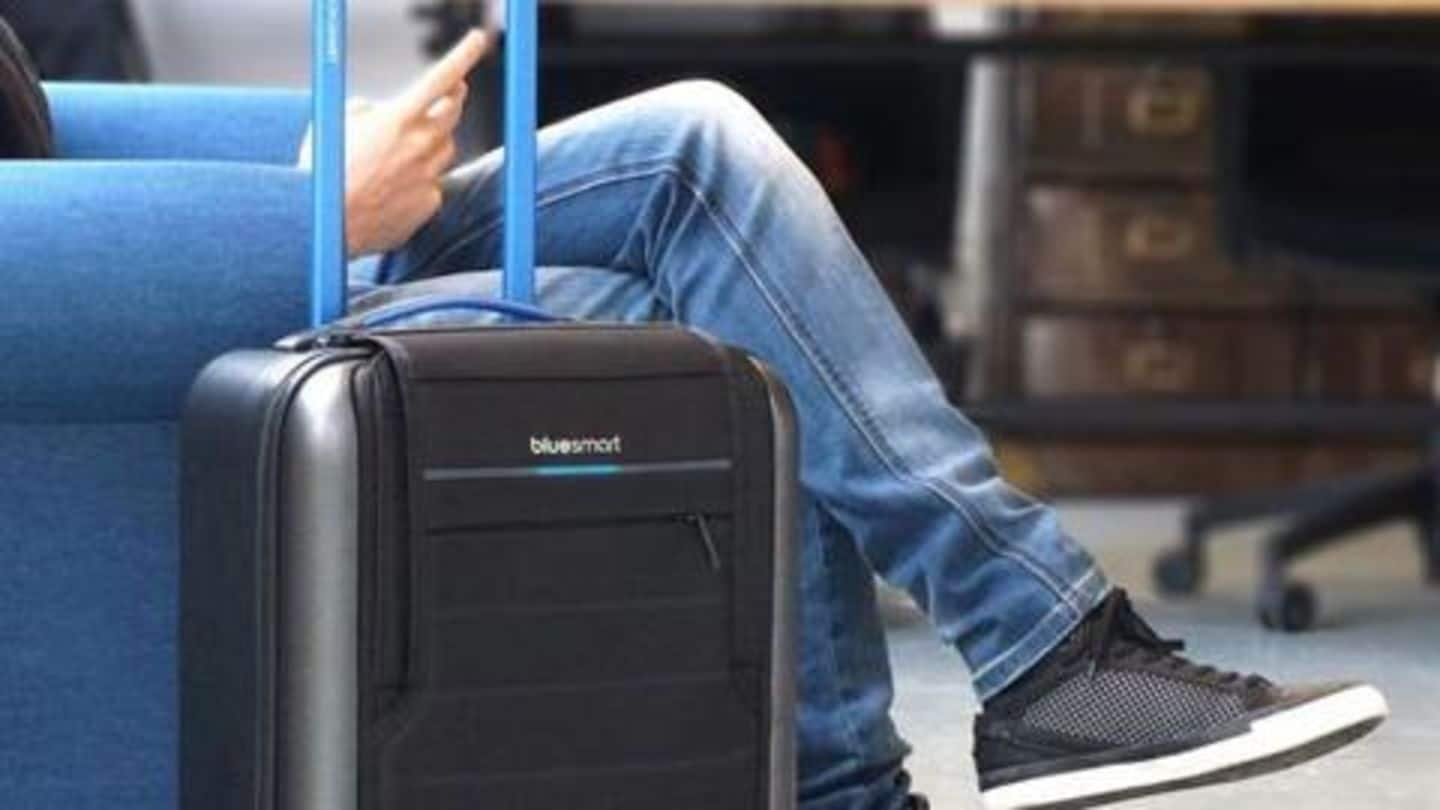
Clever 'AI suitcase' will help visually impaired people navigate
What's the story
Japan is developing a one-of-a-kind robot to help visually impaired people navigate. Now, while there have been many navigational technologies for the visually impaired, the new one is drawing a lot of attention for its 'suitcase-like' design. It carries stuff, just like any other case, while deploying an AI at the same time to help you travel freely. Here is all about it.
Project
Five tech companies working on the AI suitcase
At the end of last year, five tech companies operating in Japan, including IBM Japan, Shimizu, and automaker Mitsubishi, came together to bring the AI suitcase to life. They decided to collaborate on the project by sharing their respective technical know-how and resources. They now plan to run a joint public pilot with the machine sometime in June 2020.
Working
How will the suitcase work?
Though the public trial is still months away, the working of the 'AI suitcase' is pretty much clear. According to a release by the companies, the case will scan its holder's location with maps to come up with the shortest route to a particular destination. Then, using voice commands and haptic feedback transmitted via case handle, it will guide the holder to that location.
Details
While traveling, it will deploy cameras and sensors
In addition to voice and haptic feedback, the robotic suitcase also deploys cameras and distance sensors while guiding the holder. Basically, it analyzes the data from the cameras and sensors in real-time to detect and alert about obstacles on the path, nearby shops, and when the holder has to take actions like joining a queue at a place.
Information
Plus, it notifies when a friend approaches
The AI of the case would also be able to identify a friend approaching from the front and alert you about his arrival using an interactive conversational tone, like that of Google Assistant and Alexa.
Roll out
Roll out targeted at airports and other public places
The companies got the idea for this suitcase from the research of IBM Japan fellow Chieko Asakawa. They will now run a series of pilots in Tokyo to make sure that the case is safe to operate in public places and ready for public use. After that, they will deploy it across airports, commercial complexes and begin refining the tech for outdoor use.